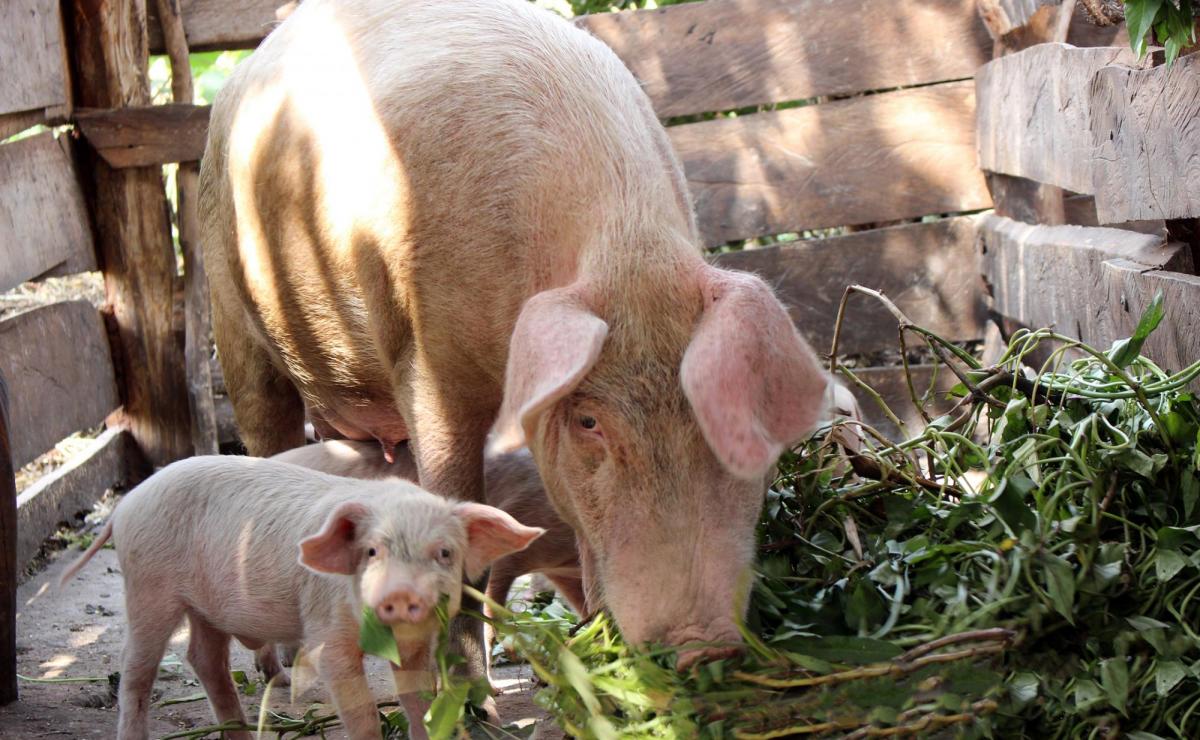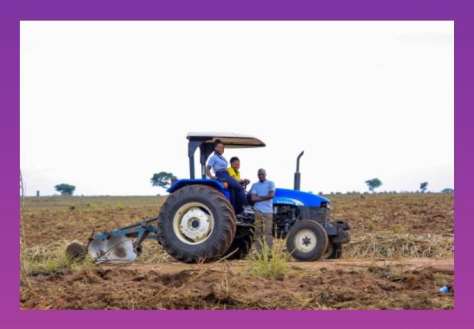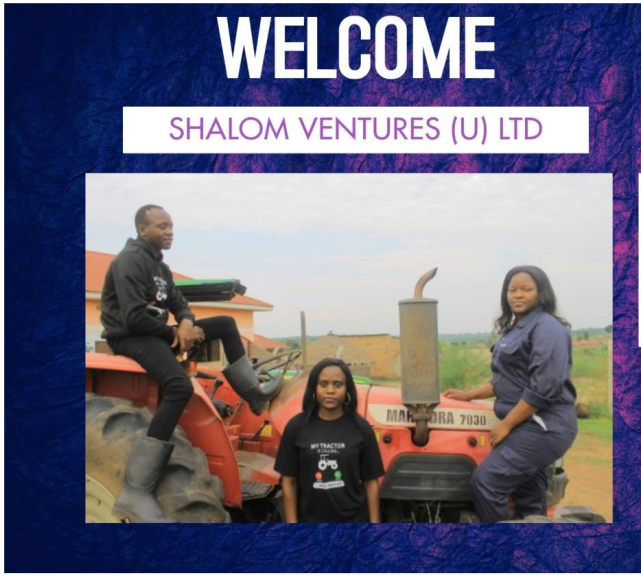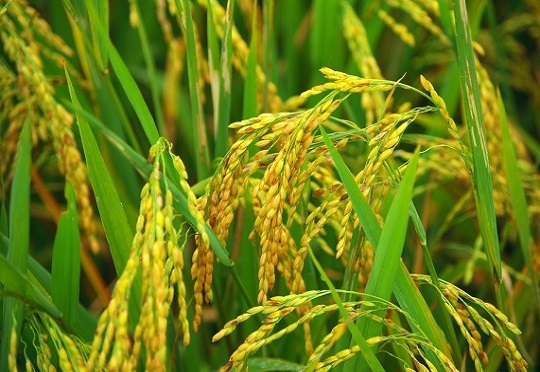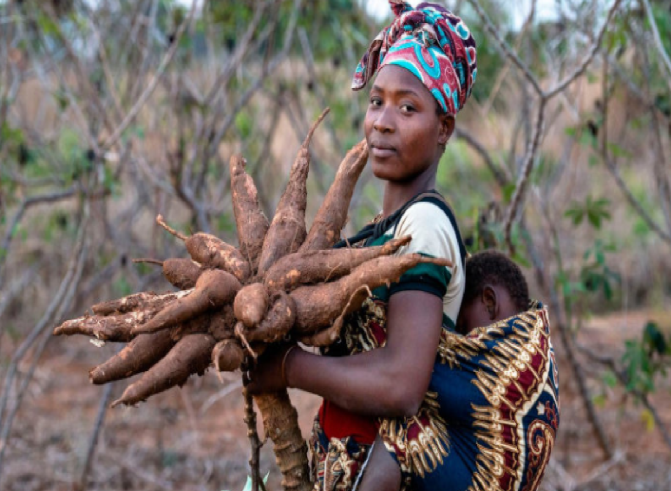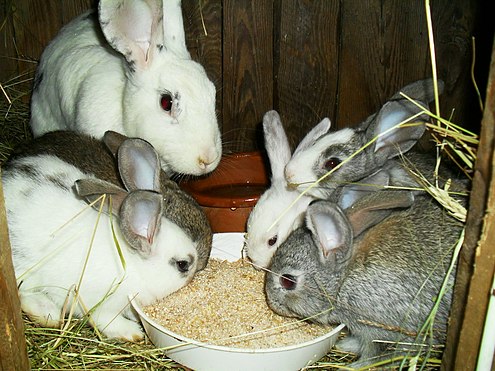Kalimo Trust is a non-profit organization based in Kampala, Uganda, established in 2005 with support from Gatsby Trust to enhance agricultural research aimed at achieving the Millennium Development Goals. It focuses on structuring national and regional trade in agricultural products across East Africa by increasing agricultural production, improving food utilization, and promoting agribusiness market access and value addition. Over the years, Kalimo Trust has transitioned from a grant-giving organization to one that implements projects across commodity value chains, directly benefiting over 390,000 smallholder farmers and facilitating the trade of over 450,000 metric tons of various commodities valued at $210 million. The organization has significantly improved farmers' incomes, storage capacity, and processing capabilities while fostering partnerships and expanding market linkages within the region. As Kalimo Trust celebrates its 15th anniversary, it emphasizes the importance of digitalization and youth engagement in agriculture for future growth and collaboration among East African countries.
- Teacher: Kilimo Trust

